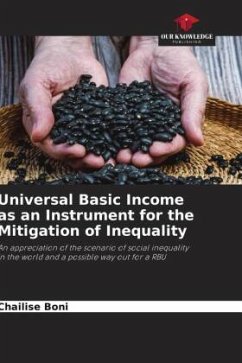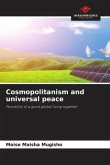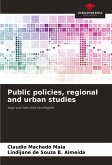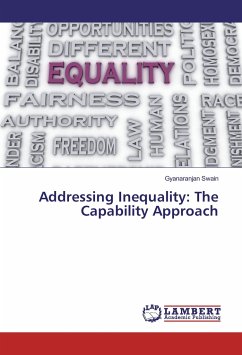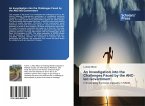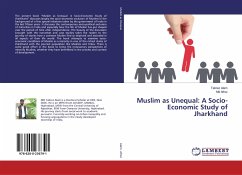Faced with high unemployment rates and increasing social inequality, even in the rich world, some ideas for slowing down these phenomena resurface, among them the Universal Basic Income (UBI), an income paid in cash by a political community to all its members individually, regardless of their financial situation or work requirements. A thought that has been around the world for decades and without any ideological attachment, defended by politicians and philosophers linked to both spectrums of political currents, from the most extreme conservatives on the right to the most progressive on the left.Thus, the objective of this paper is to address the Universal Basic Income as a method of mitigating social inequality, addressing first the situation of social inequality in the world today and then the possible ways of financing a Universal Basic Income that has fiscal and economic sustainability.
Bitte wählen Sie Ihr Anliegen aus.
Rechnungen
Retourenschein anfordern
Bestellstatus
Storno

